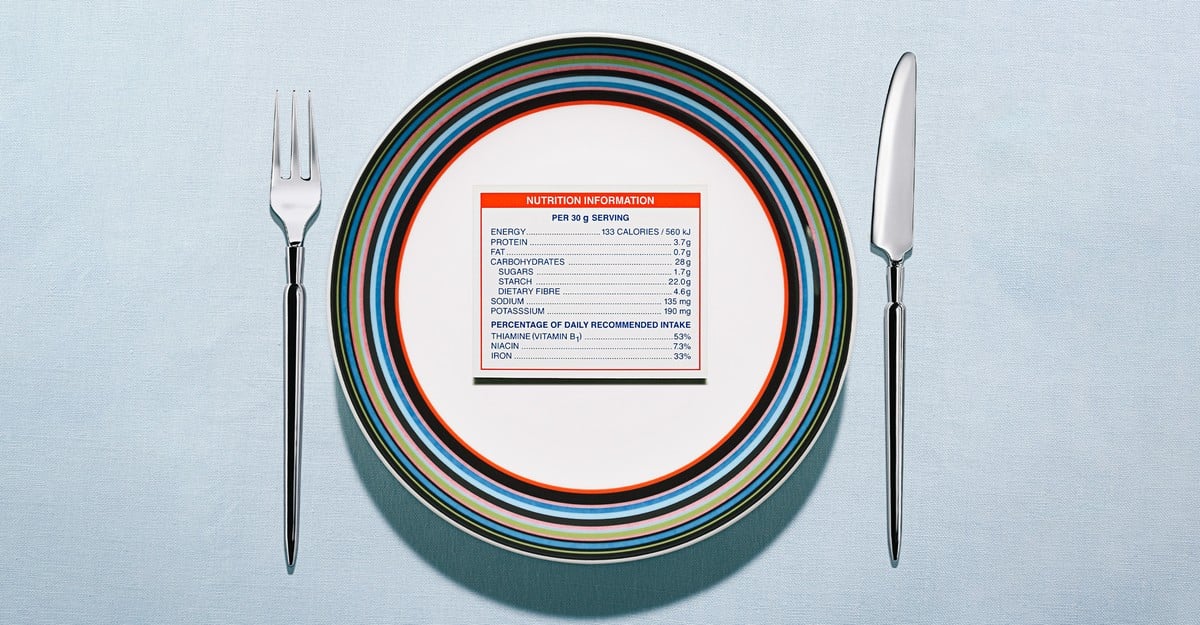Summary
Efforts to improve Americans’ diets, including the FDA’s new “healthy” labeling guidelines, have minimal impact, with only 0-0.4% of people expected to change habits.
Surveys show Americans want to eat healthier, but with over 70% of U.S. adults overweight, many fail.
While giving consumers more information about food seems logical, real-world results show it rarely changes eating habits. Factors like taste, price, and convenience outweigh health concerns.
Robert F. Kennedy Jr.'s plans focus on banning ingredients and subsidies face major legal and systemic challenges.
Addressing affordability and access is critical for progress.



The problem that Americans primarily face is volume and portion control. We overeat the good stuff too.
A proper campaign would counter the whole ‘finish your plate’ and encouragement for massive amounts of food. Something that shows what a real meal is visually for proper caloric intake. Like show a restaurant meal and point out that it is a full day’s calories.
The best first step slogan would be EAT LESS
That’s the major problem.
I feel like the reason why fad diets work initially is because they can convince people to classify food as not food, making it easier for them to not overeat.
If people are eating the right foods, portion control often becomes a non-issue. Vegetables and whole plant foods in general are less calorie dense, even significantly less calorie dense for some, than processed foods, soda, added fats and sugars, and animal products are. It is possible for even people with large appetites to be satisfied in ways that aren’t harmful.